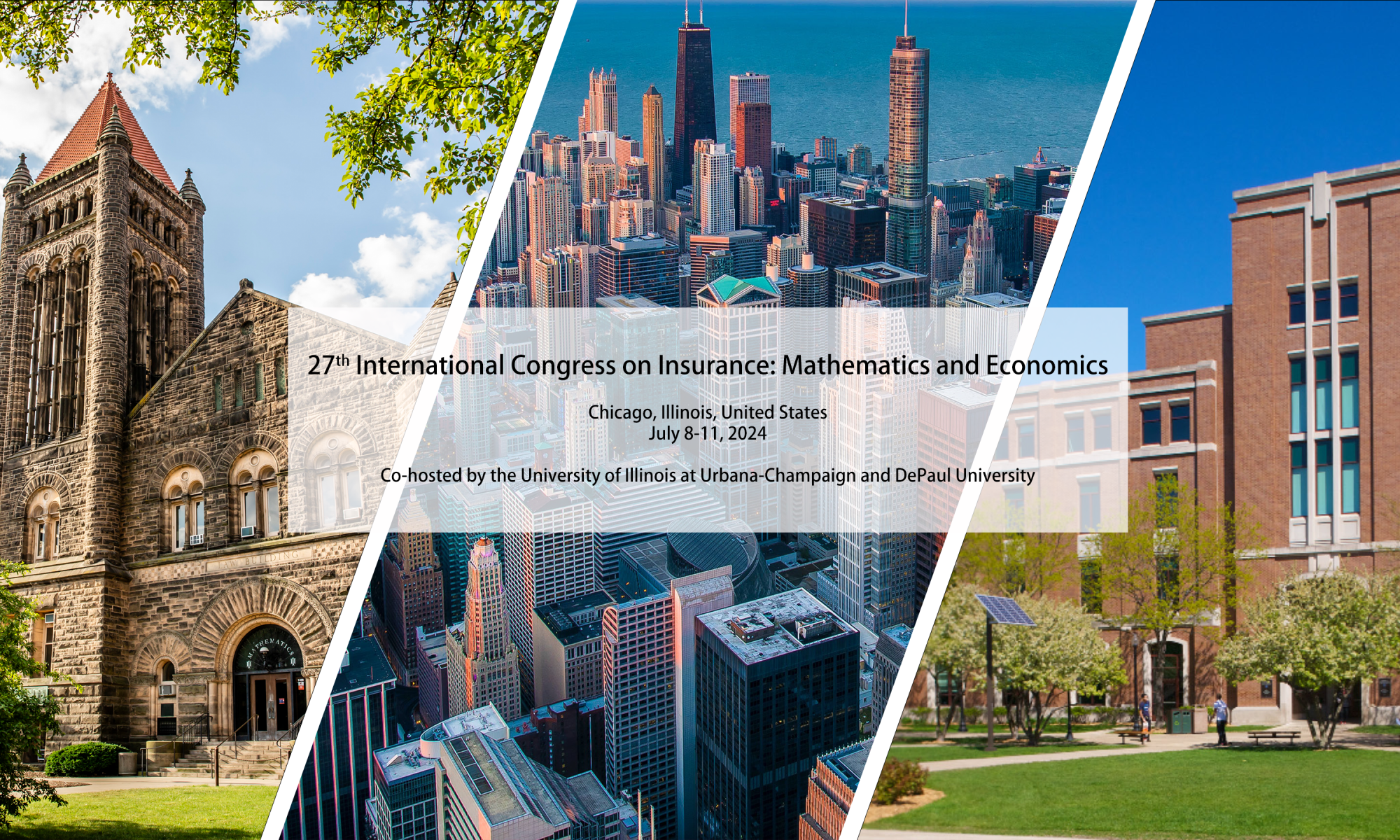Short Courses on Decentralized Insurance and Risk Sharing
While risk sharing has been a classical topic for decades in the actuarial literature, there has been revived interest on risk sharing among multiple stakeholders in decentralized fashions or with distributed technologies. The purpose of this short-course series is to bring attention to emerging topics in this area. It is intended for graduate students and academics with interests and offered at an introductory level. Participants can learn about the current state of decentralized insurance and latest academic work in decentralized risk sharing.
Speakers
Arthur Charpentier, PhD, Fellow of the French Institute of Actuaries, is full professor at UQAM, Montreal, Canada, and Université de Rennes, in France. He is member of the editorial board of the Journal of Risk and Insurance, the ASTIN Bulletin, and Risks. He edited, a few years ago, Computational Actuarial Science with R (CRC), and more recently wrote Insurance, Biases, Discrimination and Fairness (Springer). He is also the former director of the Data Science for Actuaries program of the French Institute of Actuaries. He is a Louis Bachelier Fellow, and his recent work is about climate change and predictive modeling insurance, more specifically in the context of fairness and discrimination.
Jan Dhaene is Professor with the Actuarial Research Group of the Applied Economics Department of K.U.Leuven (Catholic University of Leuven, Belgium). He received his Ph.D. from K.U.Leuven, where he worked under the guidance of Prof. Dr. N. De Pril and Prof. Dr. M.J. Goovaerts. His main research interests are in computation of aggregate claims distributions, modeling dependencies in insurance portfolios and incorporating stochastic financial aspects in actuarial models.
Marco Mirabella is the CEO of Ensuro, a decentralized reinsurance company licensed by the Bermuda Monetary Authority. Prior to Ensuro, Marco was the Chief Strategy Officer at BigGo, the biggest price comparison website in South East Asia. Marco is also the founder of Cartesi, a layer2 blockchain solution. He started his career in the venture capital space, working for SOSV a US$ 1b AUM venture capital fund.
